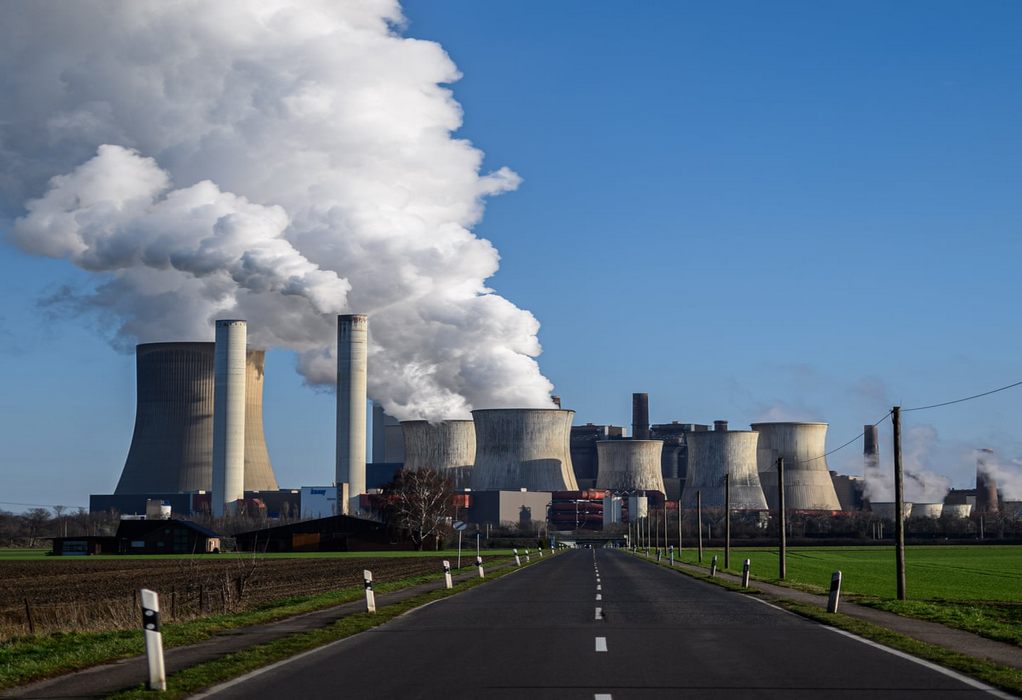Climate think tank E3G has found that the delivery of G7 net zero power targets is at risk, with the UK needing to address various aspects of its transition, particularly in renewable energy share and gas dependency.
The organisation’s G7 Power Systems Scorecard analyses the progress being made by G7 countries towards a decarbonised power sector, which the nations committed to doing by 2035.
According to the Scorecard, all G7 nations are making progress in decarbonising their power sectors. However, significant steps have been taken by all G7 nations except Japan, and there are major delivery risks, particularly due to gas dependencies across all nations. In the ranking system, the UK sits fourth, behind France, Canada and Germany.
France is at the top of the ranking due to its clean power mix and strong policies promoting system flexibility, energy efficiency, and achieving net zero power. However, there are significant obstacles to renewable energy deployment, including the focus on its ageing nuclear fleet as well as permitting delays.
Canada, Germany, the UK, the US, and Italy are ranked behind due to their high reliance on fossil fuels and inadequate policies. According to E3G, the US lacks cohesive grid modernisation plans and market mechanisms to rapidly increase renewables, despite having incentives from the Inflation Reduction Act.
Italy’s heavy dependence on fossil fuels and lack of strategic actions for storage and flexibility are also major concerns.
Japan is “significantly behind its peers as it lacks plans to phase out coal or gas and has relatively modest renewable energy targets”, E3G said. The organisation also stated that the country’s energy transition strategy is different from other G7 countries, as it primarily focuses on fossil-based technologies, which could hinder both domestic and regional decarbonisation efforts.
Tags: G7 Countires, NetZero, Power Sector



Recent Posts
Scandlines Nears Delivery of Zero Emissions Ferry Following Successful Sea Trials
India faces emission roadblocks with rising net-zero demands
Green Energy Resources invests in two electric Liebherr LHM 550
NYK Launches Continuous Use of Bio LNG Fuel on Car Carriers to Advance Decarbonization Goals
Yang Ming Expands Fleet with Methanol and LNG Dual-Fuel Vessels Under Fleet Optimization Plan
ClassNK Advocates Speed Gap Monitoring to Optimize Fuel Efficiency in Heavy Weather
Wärtsilä’s retrofit package for the Corsica Linea ferry Pascal Paoli has resulted in fuel savings of up to 22 percent Corsica Linea
COSCO Shipping Names Second Methanol Dual-Fuel Containership in Yangzhou